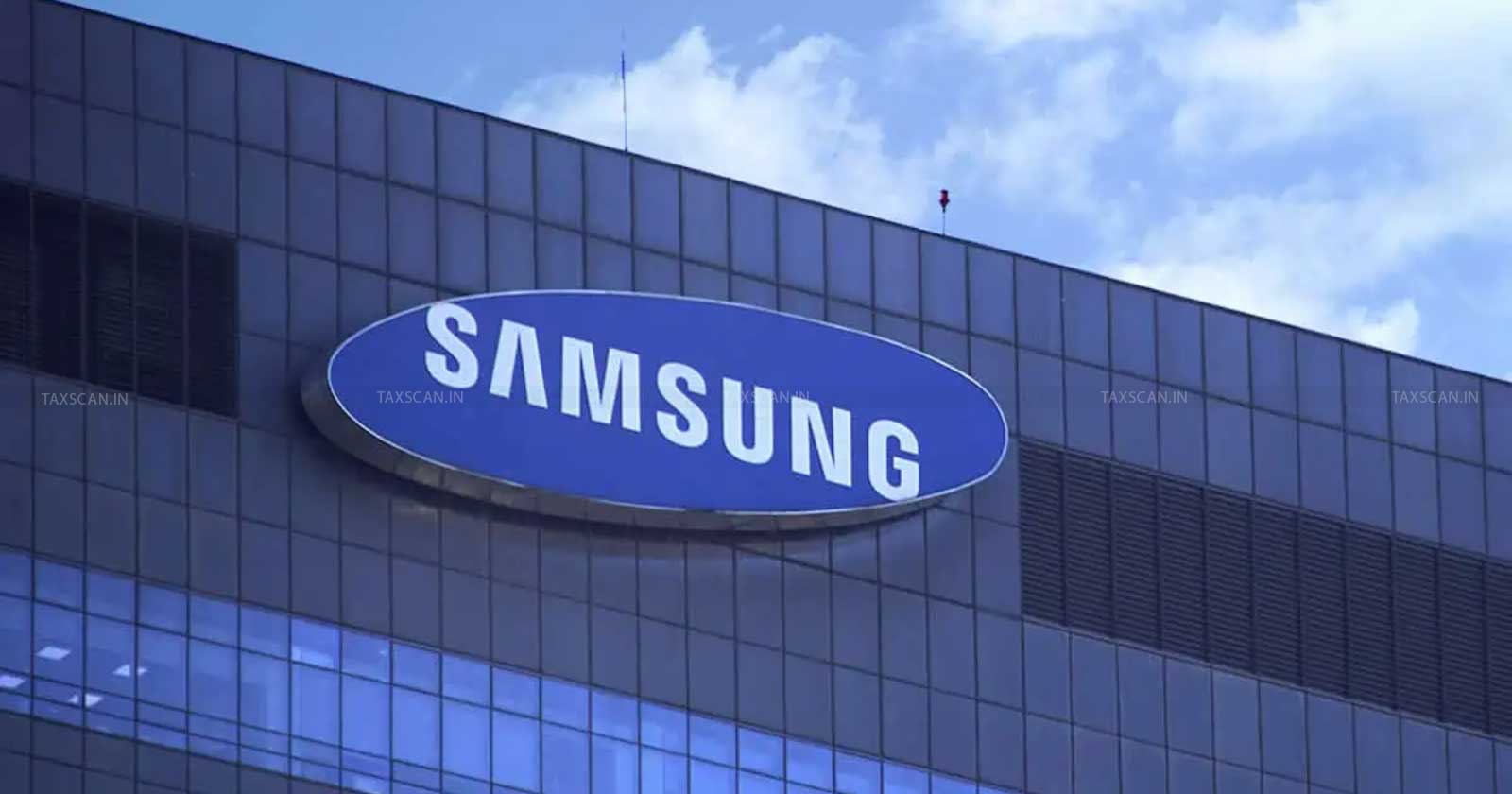Supreme Court Orders Partial Restoration of PMLA-Attached Properties to Protect Home Buyers in Udaipur Entertainment Case [Read Order]
The Court explicitly stated that the order was passed on the "peculiar facts of the case" and with the consent of the parties, and "shall not be treated as a precedent,”.
![Supreme Court Orders Partial Restoration of PMLA-Attached Properties to Protect Home Buyers in Udaipur Entertainment Case [Read Order] Supreme Court Orders Partial Restoration of PMLA-Attached Properties to Protect Home Buyers in Udaipur Entertainment Case [Read Order]](https://images.taxscan.in/h-upload/2025/11/05/2102383-homebuyers-sc-taxscan.webp)
In a significant order balancing the objectives of the Insolvency and Bankruptcy Code (IBC) and the Prevention of Money Laundering Act (PMLA), the Supreme Court partially set aside a provisional attachment order passed by the Directorate of Enforcement (DoE) against Udaipur Entertainment World Private Limited , the Corporate Debtor.
The order facilitates the implementation of an NCLT-approved resolution plan aimed at safeguarding the interests of innocent home buyers.
The Court passed the order pursuant to an amicable settlement reached between the Successful Resolution Applicant (SRA), who stepped into the shoes of the Corporate Debtor, and the DoE.
The Provisional Attachment Order No. 05/2019 dated 02.04.2019 was directed to be partially set aside, and the attached properties were restored to the SRA. However, this restoration was granted "solely for the benefit of genuine and innocent home buyers" who had subsequently acquired the units in the project.
Comprehensive Guide of Law and Procedure for Filing of Income Tax Appeals, Click Here
 Also Read:Supreme Court to Decide Validity of Customs Duty Exemption Granted to Samsung for LED Display Imports [Read Judgement]
Also Read:Supreme Court to Decide Validity of Customs Duty Exemption Granted to Samsung for LED Display Imports [Read Judgement]
The Court's order delineated a clear path forward while preserving the DoE's investigative powers. The attachment shall continue in respect of 11 specific units in the Royal Raj Villas (RRV) project, which the DoE identified as being connected with the alleged proceeds of crime. Invoking Section 32A of the IBC, which provides a "clean slate" to a corporate debtor upon successful resolution, the Court ordered that the name of the Corporate Debtor be deleted from the array of accused in the PMLA prosecution complaint.
Crucially, the Court laid down a condition for the SRA's benefit under Section 32A, stating it is subject to the SRA not being connected with the erstwhile directors of the Corporate Debtor or being a beneficiary of the proceeds of crime. The DoE was given the liberty to take appropriate steps if this foundation is "eroded" during the ongoing investigation.
The DoE's challenge to the NCLT-approved resolution plan was consequently closed, clearing the way for the plan's implementation, while the prosecution against the erstwhile directors and conspirators will continue.
The bench, comprising Justice Sanjay Kumar and Justice Alok Aradhe, passed the order under the second proviso to sub-Section (8) of Section 8 of the PMLA.
The Court explicitly stated that the order was passed on the "peculiar facts of the case" and with the consent of the parties, and "shall not be treated as a precedent," leaving the broader questions of law between the IBC and PMLA open to be decided in an appropriate case.
Support our journalism by subscribing to Taxscanpremium. Follow us on Telegram for quick updates


